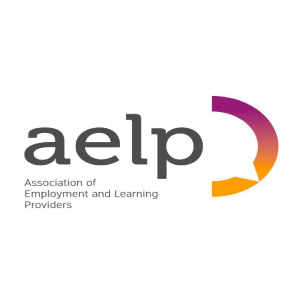
Safeguarding young people in Further Education
Educators in the UK are expected to take responsibility for the safeguarding of their young people from all forms of abuse and criminal exploitation, which extends beyond the college or physical learning environment. County lines criminal gangs have been in the media recently, with FE week reporting that the increase in gangs selling drugs to our communities served by the further education sector is startling.
What is county lines?
County lines is a form of criminal exploitation where urban gangs persuade, coerce or force children and young people to store drugs and money and/or transport them to suburban areas, market towns and coastal towns (Home Office, 2018).
Young people tend to join these gangs because they get offered large sums of money and often they do not know what they are transporting. Vulnerable young people are the easiest target as they are more desperate for money or are looking to be a part of something. With a lack of knowledge in safeguarding, young people are often seen as the perfect target.
This is a safeguarding issue that, as educators, we must be aware of and understand how to protect our young people from.
How can education providers prevent young people from becoming involved in County Lines gangs?
Our government are currently cracking down on county lines gangs and are encouraging everyone to act more cautiously. They have created a #lookcloser campaign, which details key things to look out for:
- Change in behaviour
- Signs of assault and/or malnutrition
- Access to numerous phones
- Use of unusual terms e.g. going country
- Associating with gangs
- Unexplained bus or train tickets
- School truancy or going missing
- Unexplained gifts (clothes, trainers) and cash
Providing a safe place is key for early intervention to young people in education at risk of involvement in crime. This should be somewhere they can go for advice, somewhere they can get help, support and talk to someone who understands them and can help them avoid partaking in crime. Education providers can help prevent county lines gang involvement by educating learners on how to stay safe and the repercussions of criminal activity. As a direct response to this we’ve created the Ascentis Entry 3 Award in Introduction to Safeguarding, which designed to give learners knowledge and understanding of safeguarding, including the meaning and basic principles of safeguarding, types of abuse and their recognition features and possible safeguarding issues caused by modern technology.
Furthermore, we have developed the Ascentis Level 1 Award in Understanding Safeguarding for Work, Education and Life which is designed to give learners knowledge and understanding of safeguarding in work, education, and life contexts. This includes the different types of abuse and how to recognise them, possible safeguarding issues caused by modern technology, the meaning of discrimination and victimisation and the importance of disclosing safeguarding concerns to professionals.
Click here to find out more about our Short Online Qualifications which include Equality, Diversity, Inclusion and Safeguarding alongside a range of other subjects to broaden learners’ horizons and enhance their learning experience.















